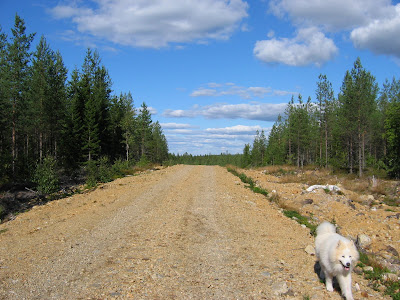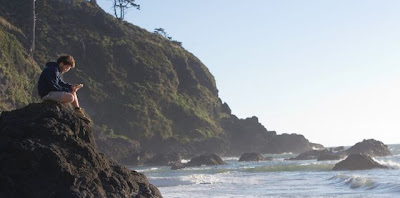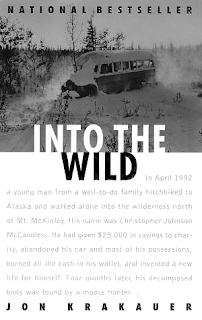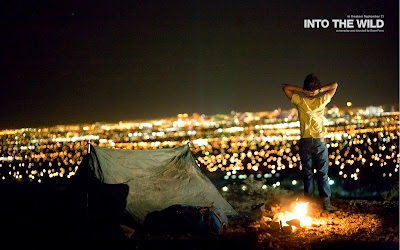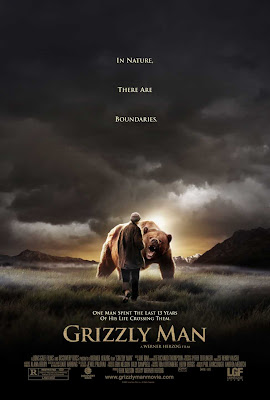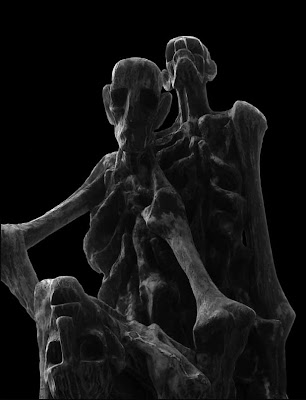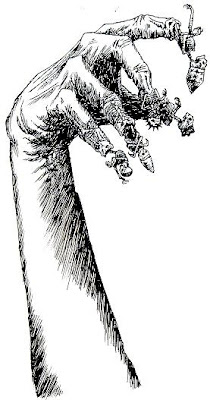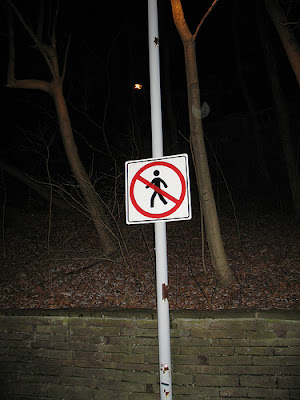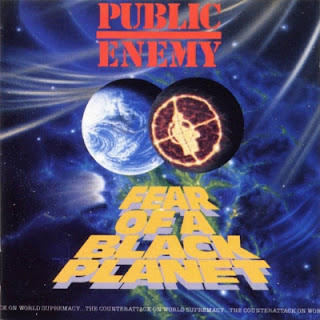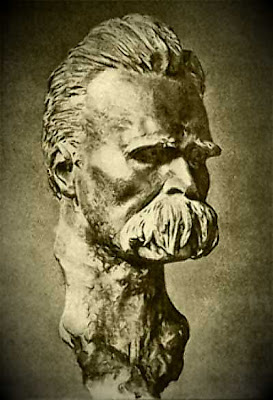”Intelligent misanthropy” is a way of looking at people that I stumbled upon when reading Status Anxiety by Alain de Botton. I believe it suits my personal philosophy perfectly, since it’s free from pessimism and pride. After all, I’m a pretty happy guy, you know.
Once you start dissecting the opinions of others you’ll soon realize that the vast majority are very confused and most of the time in total error on the majority of subjects. “Public opinion is the worst of all opinions”, as the great philosopher Nicolas Chamfort put it.
Common sense is actually common nonsense, since it suffers from simplification, prejudice, unintelligent thinking and a supreme lack of knowledge. People usually tend to rely on emotions, old habits and intuition, instead of rational examination. Thus “one can be certain that every generally held idea, every received notion, will be an idiocy, because it has been able to appeal to a majority”, in Chamfort’s words.
In today’s sick society it’s obviously very important to be looked upon with love and respect from just about everyone you meet. If people despise you, you will not feel great. It will hurt your status. This is when the intelligent misanthropy philosophy comes in handy.
Before you let them hurt you, examine their opinions, their behaviour, their intellect, and most certainly you’ll come to the conclusion that they are fuck ups not worthy of your respect. Only when their words are damning and true is when you should start worrying. If they curse you with false and unintelligent bullshit, why bother? Instead, without aggression or pessimism, just sit back and let misanthropy rule. They suck.
Arthur Schopenhauer said: “Whoever attaches a lot of value to the opinions of others pays them too much honor”.
When we realize that most people’s values in life are futile, superficial and plain stupid, we’ll become uninterested in what’s going on in their minds and concentrate on our own thoughts and what people we respect are discussing. As Voltaire put it: “The earth swarms with people who are not worth talking to”.
Schopenhauer again: “Would the musician feel flattered by the loud applause of his audience if it were known to him that, with the exception of one or two, it consisted entirely of deaf people?”.
In short, why take the majority of people seriously? Why waste the energy and space? They are the ones who rely heavily on traditions and shallow thinking, and yet they ask themselves “Why do the Hottentots eat grasshoppers?”. Because it’s tradition, baby. Once again it’s you who are the ignorant fool.
As the old saying goes: “Never underestimate the power of people in large groups”.


